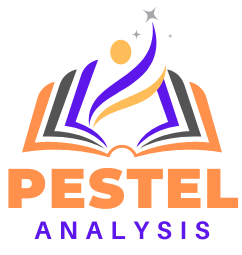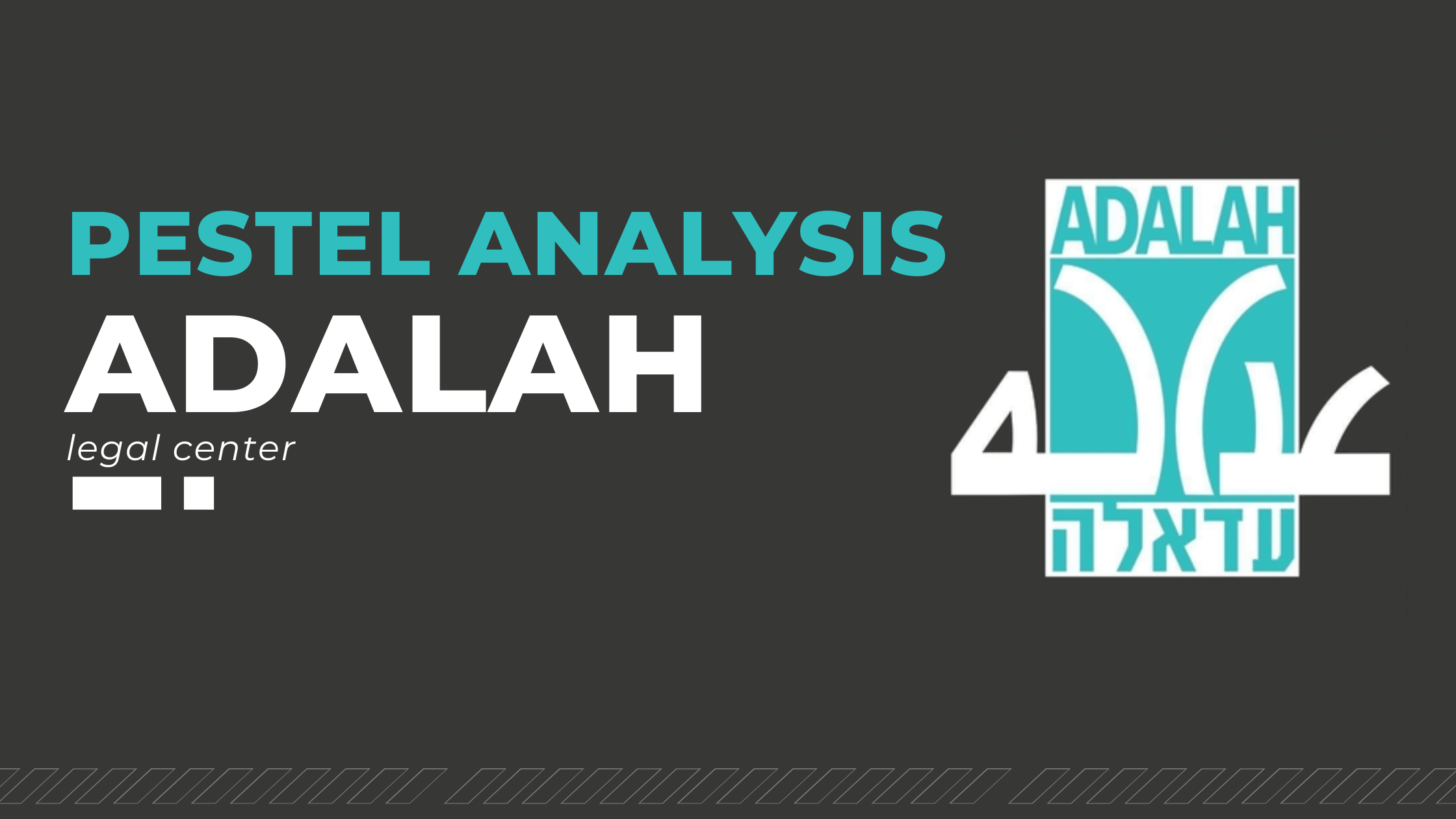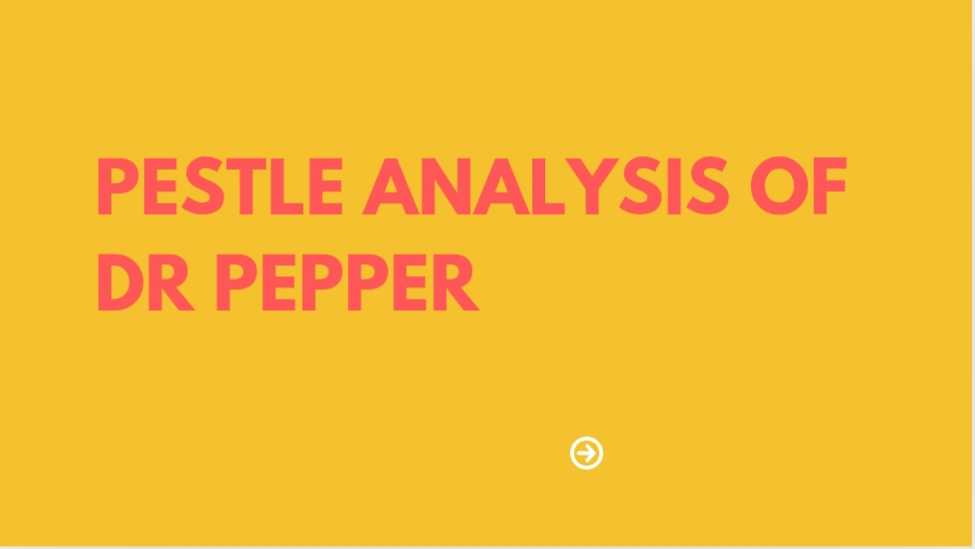Adalah – The Legal Center for Arab Minority Rights in Israel, established in 1996, is a non-profit, non-partisan human rights organisation based in Haifa, Israel. The term “Adalah” means “justice” in Arabic, reflecting the organisation’s mission to advocate for the rights of the Arab-Palestinian minority within Israel and Palestinians living in the occupied territories. It focuses on strategic litigation, international advocacy, and legal consultation to challenge discrimination and uphold civil and political rights under Israeli law and international human rights standards.
Table of Contents
TogglePolitical Factors of Adalah
Adalah work is significantly shaped by the political landscape in Israel. The organisation challenges laws and policies it views as discriminatory against the Arab-Palestinian minority, including legislation affecting land ownership and access to services. Political stability and the policies of the Israeli government directly impact Adalah’s ability to operate and influence public discourse. Its involvement in politically sensitive issues is exemplified by its role in providing legal representation during events like the October 2000 protests.
- Government Policies and Regulations: Adalah’s activities are influenced by the legal and political environment. The organisation can be affected by changes in governmental policies or new regulations concerning non-governmental organisations (NGOs).
- Political Stability: Stability in the political landscape can impact Adalah’s ability to operate effectively.
- International Relations: Relations between Israel and other countries, as well as international human rights organisations, can impact Adalah’s work.
Economic Factors of Adalah
Adalah relies on donations and grants from international human rights organisations and philanthropic activities. Economic downturns and political changes can affect the the funding. Additionally, economic disparities between Jewish and Arab populations in Israel often shape the organisations focus areas, such as advocating for equal access to healthcare and education in marginalised communities.
- Funding and Donations: The economic environment can influence the availability of funding for Adalah. Economic downturns and financial crises can reduce the number of grants and donations from local and international sources.
- Economic Inequality: Adalah focuses on advocating for marginalised communities, this is often shaped by the socioeconomic disparities within Israel. Economic inequality can drive the need for more legal and social support, influencing the organisations areas of focus.
- Cost of Operations: Inflation or changes in the cost of living in Israel can impact the operational expenses of Adalah, affecting everything from staff salaries to the costs of organising events or legal support services.
Social Factors of Adalah
Social dynamics play a critical role in Adalahs advocacy efforts. The organisation addresses systemic inequalities faced by Arab citizens of Israel, including issues related to language rights, education, and cultural recognition. Social tensions between different communities within Israel, as well as shifting public perceptions about minority rights and justice, influence the demand for Adalah’s legal support and advocacy.
- Public Opinion and Awareness: The perception of Adalahs mission among the general public and specific communities significantly affects its operations. A shift in public attitudes towards human rights and equality can either support or hinder their efforts.
- Demographic Changes: Changes in demographics, such as shifts in the age, ethnicity, or socioeconomic status of communities, can influence the demand for Adalahs services and advocacy focus.
- Community Needs: As a human rights organisation, Adalahs activities are heavily influenced by the evolving needs of the communities it serves, particularly those related to legal aid and advocacy against discrimination.
Technology Factors of Adalah
Adalah utilises modern communication technologies for its advocacy, leveraging digital platforms to share information, report human rights violations and engage with supporters locally and internationally. This approach allows the organisation to raise global awareness about the conditions of Palestinian communities in Israel and the occupied territories. However, it must also manage risks like cybersecurity threats, which can affect the privacy of sensitive legal cases and the safety of its operations.
- Digital Advocacy and Communication: Advances in digital technology, including social media platforms, enable Adalah to reach a broader audience for its work. It allows them to raise awareness, organise campaigns and engage supporters more effectively.
- Cybersecurity: As with any organisation the risk of cyber-attacks is a concern for Adalah, particularly in maintaining the confidentiality of sensitive legal cases and the safety of data.
- Access to Information: Technological advances have improved access to legal information and research, aiding Adalah in its efforts to build stronger cases and stay updated with global human rights practices.
Environmental Factors of Adalah
Adalah has also addressed environmental justice, particularly where issues like access to water intersect with human rights. For example, it has legally challenged policies that denied water access to unrecognised villages, advocating for equitable resource distribution as a fundamental human right. Environmental concerns like these are part of the broader sociopolitical dynamics affecting marginalised communities.
- Environmental Justice: Adalah can be involved in cases related to environmental justice, advocating for equitable access to resources.
- Impact of Climate Change: Climate change and environmental issues such as water scarcity in the region could impact the living conditions of the communities Adalah serves.
- Sustainability Initiatives: The organisations internal operations, like most NGOs, could be influenced by the global emphasis on sustainability.
Legal Factors of Adalah
Legal advocacy is central to Adalah’s mission. The organization frequently engages in impact litigation, often taking cases to the Israeli Supreme Court to challenge laws it believes infringe upon the rights of Arab citizens. These cases include issues like land rights, discrimination in government budgets, and restrictions on freedom of expression. Adalah also conducts international legal advocacy, presenting reports to UN bodies and other international institutions to hold Israel accountable under international human rights law.
- Changes in Legal Framework: Adalahs work is deeply influenced by shifts in Israels legal system, including changes in laws that impact civil rights, minority protections, and NGO operations.
- Regulations for NGOs: Legal requirements for NGOs, including transparency and reporting standards, can affect Adalah.
- Advocacy for Legal Reform: Adalahs core mission often involves advocating for legal changes to enhance the rights and protections of marginalised groups.
Adalah plays a important role in advocating for the rights of Palestinian citizens within Israel and in the occupied territories, navigating a complex political and legal landscape. Through strategic litigation and international advocacy, it addresses immediate legal challenges and broader systemic inequalities, aiming to promote justice and equality. Its work highlights the intersection of political, social, and legal factors that shape the lives of communities, making it a significant actor in the regional and international human rights sphere.







